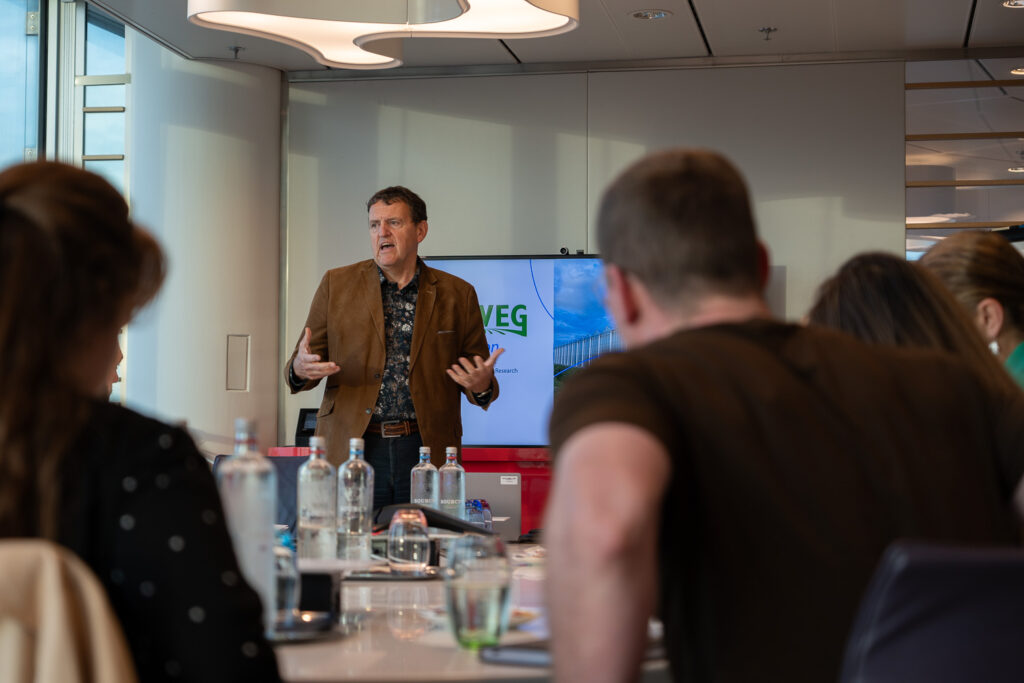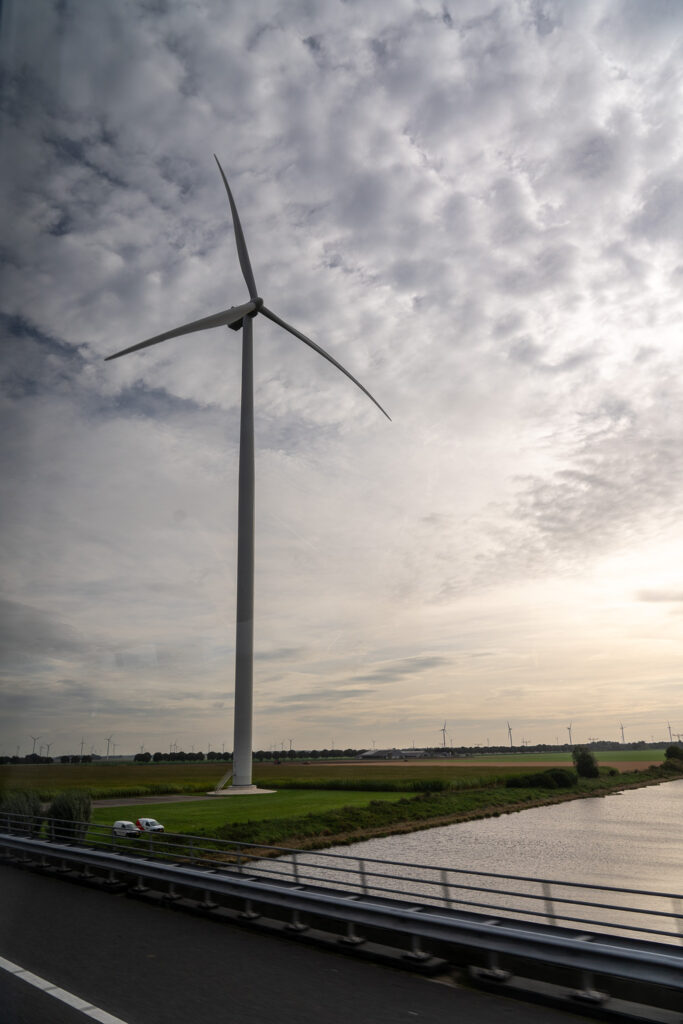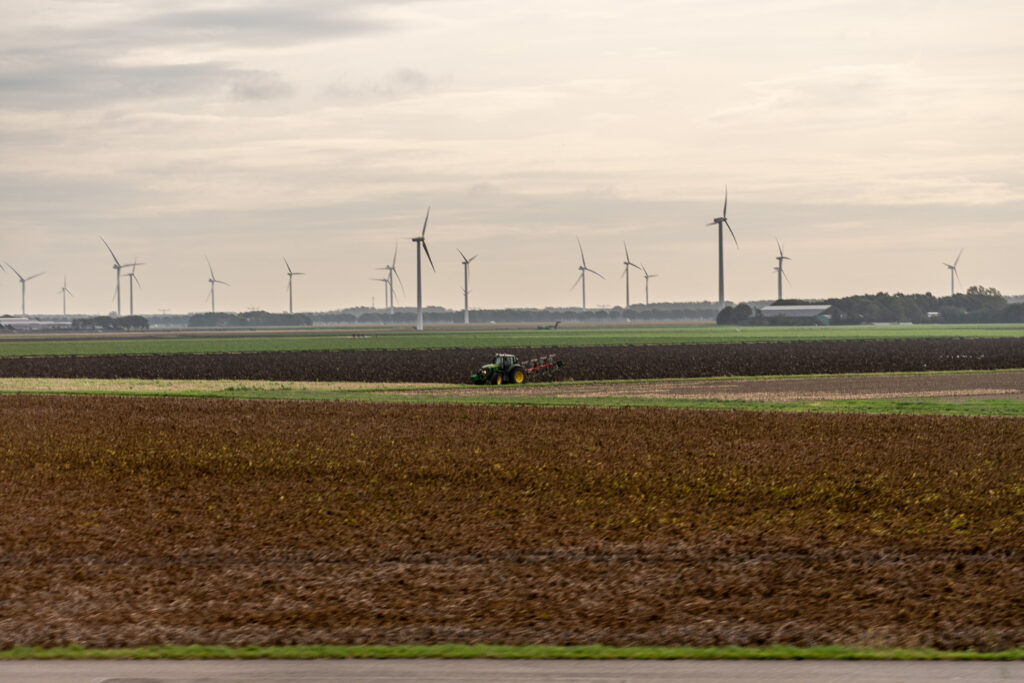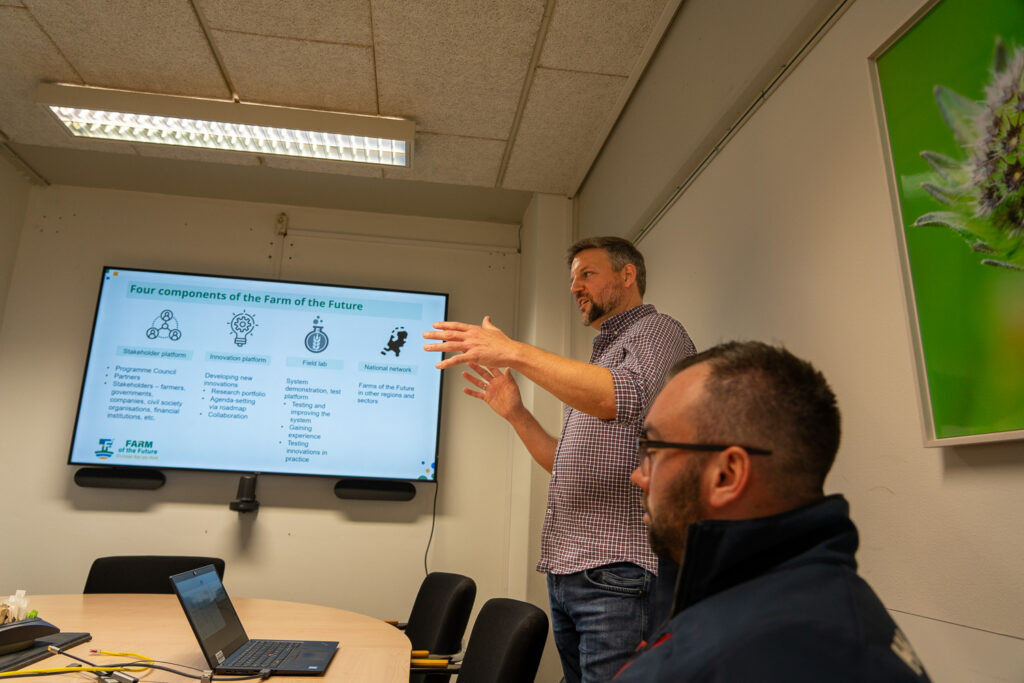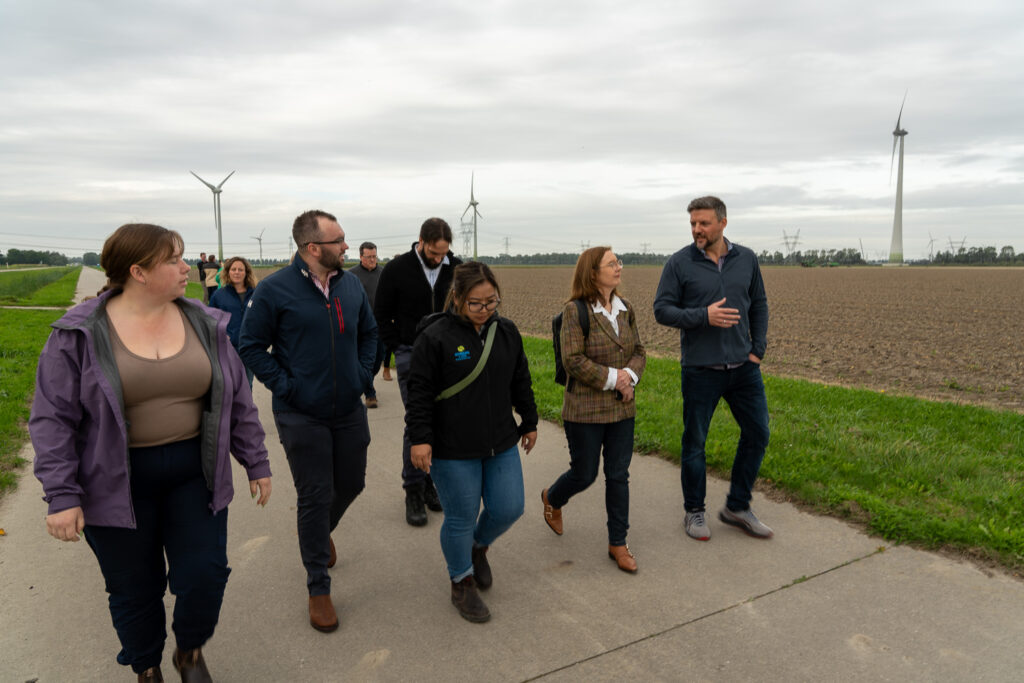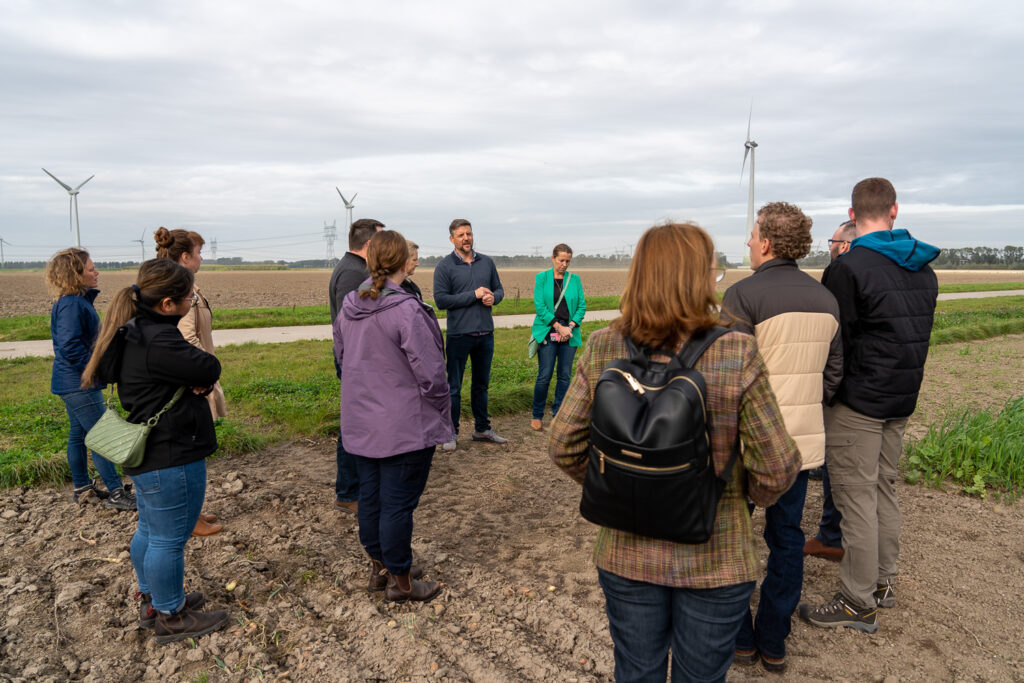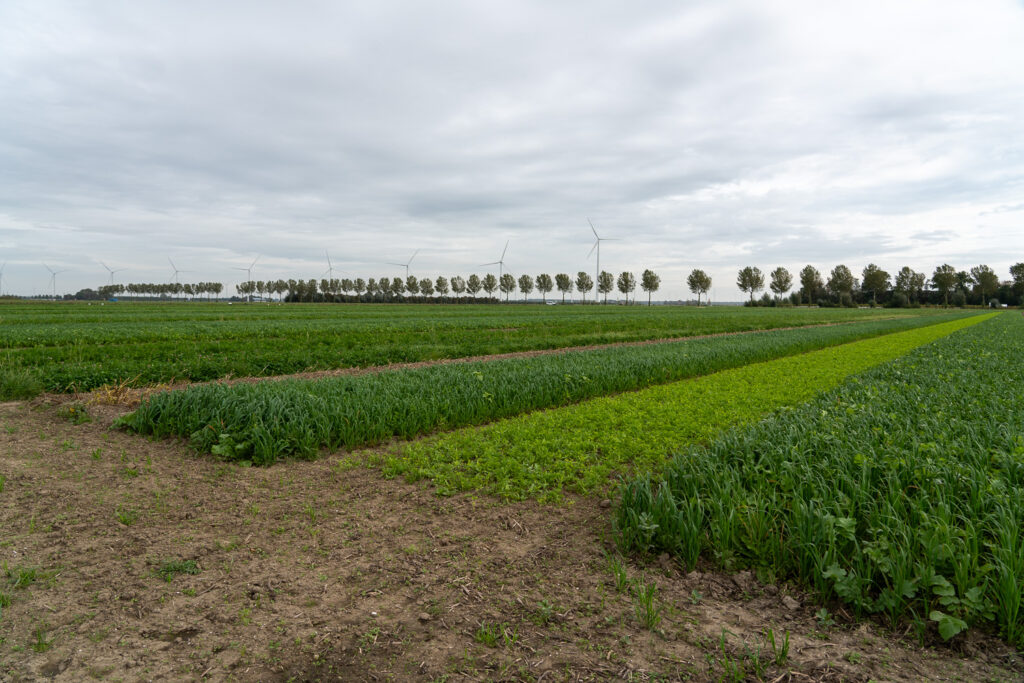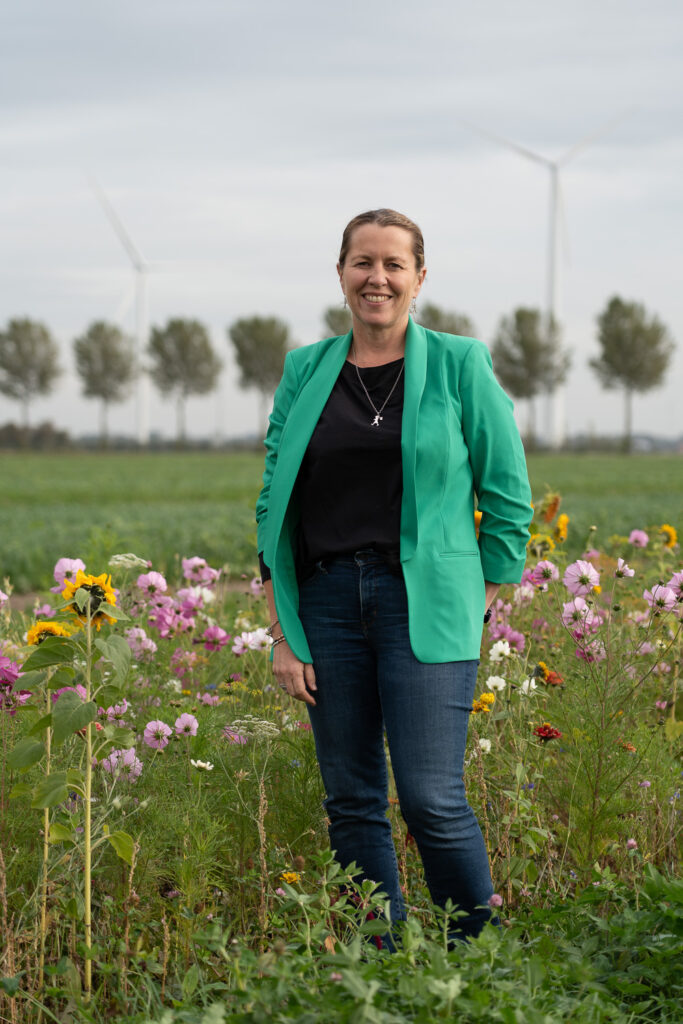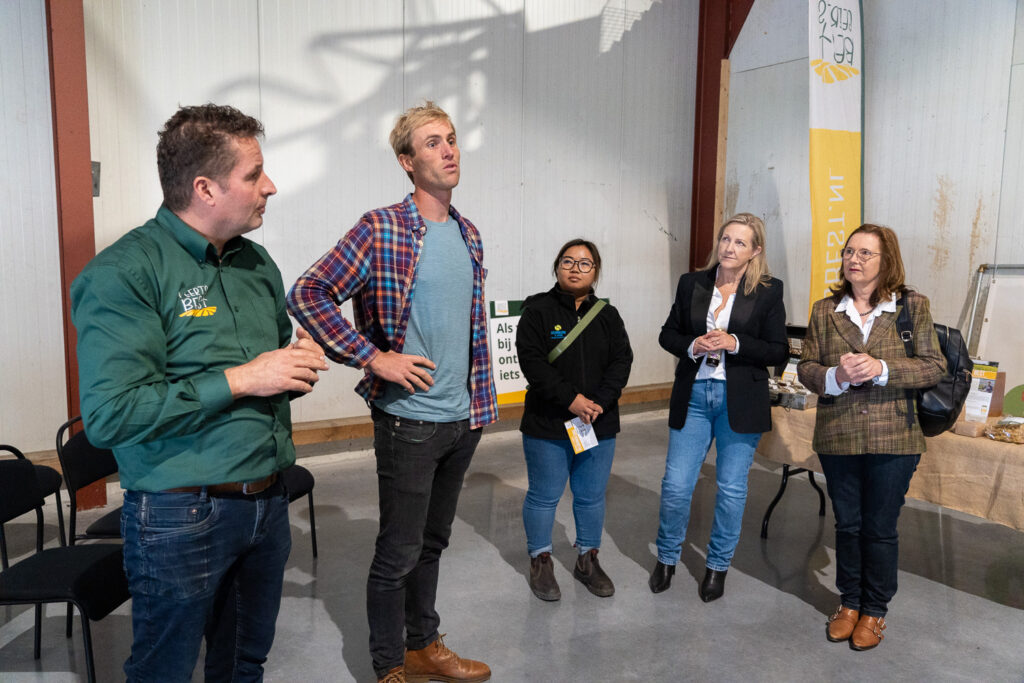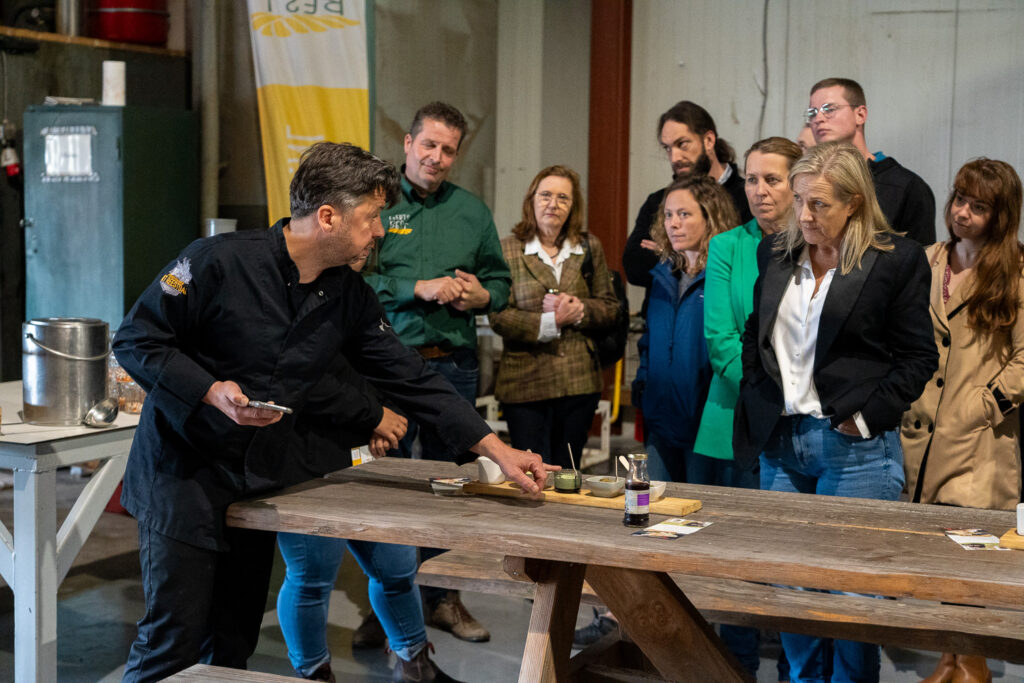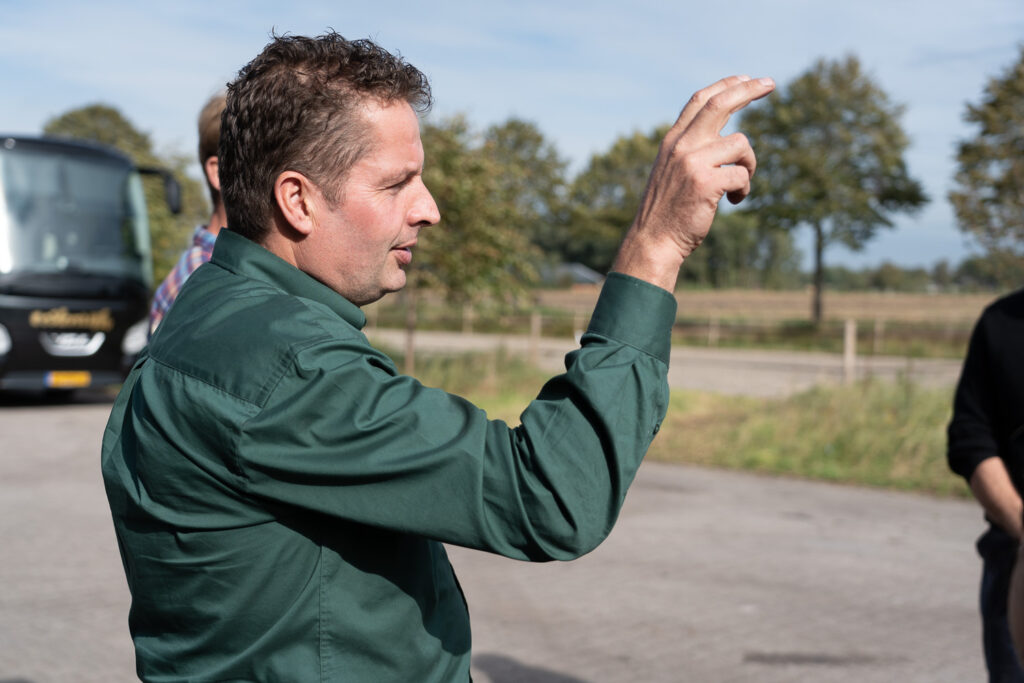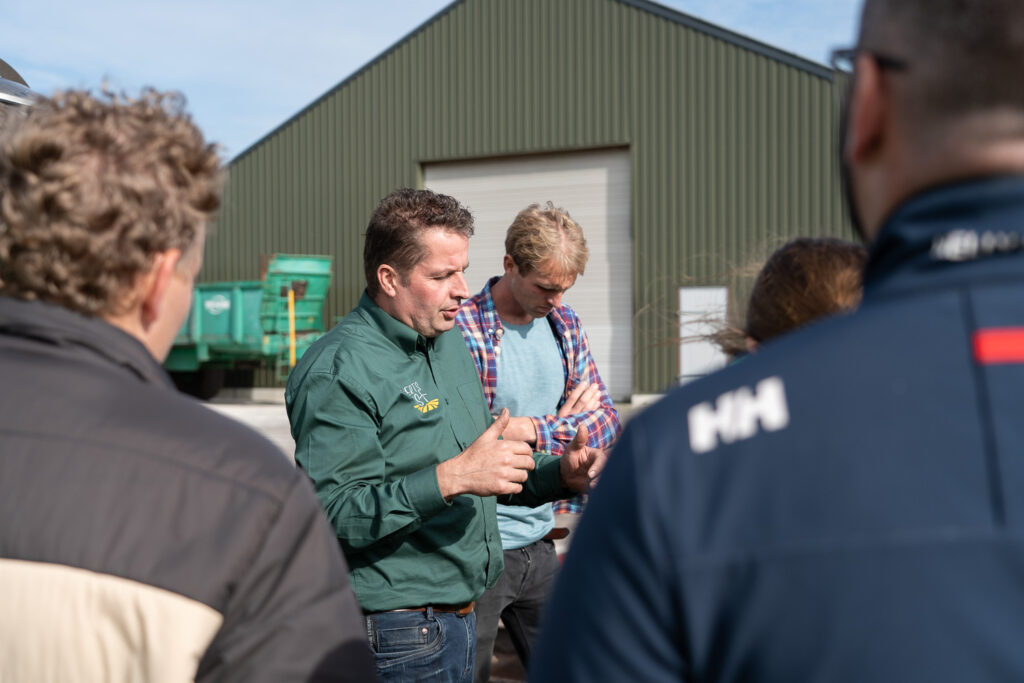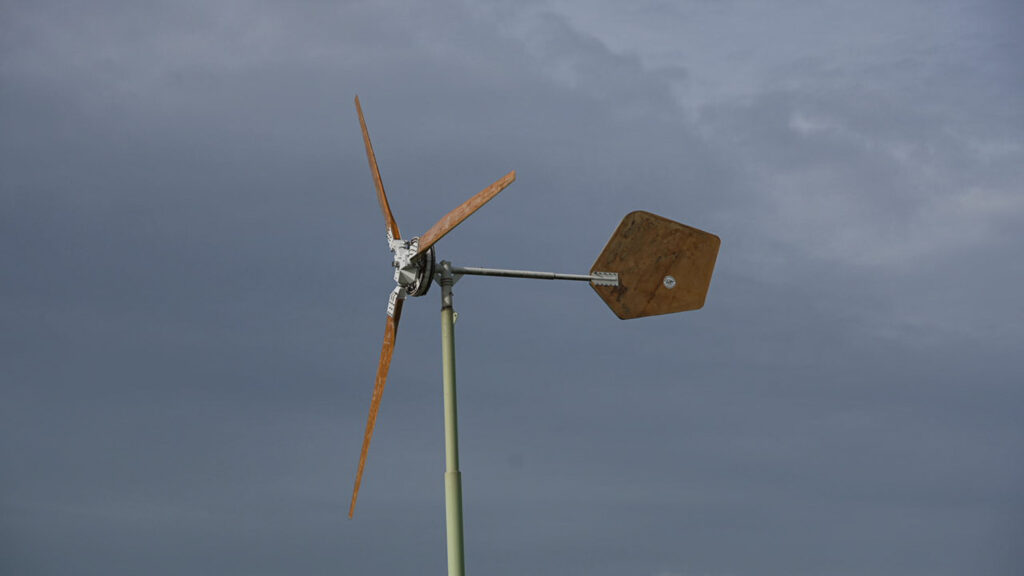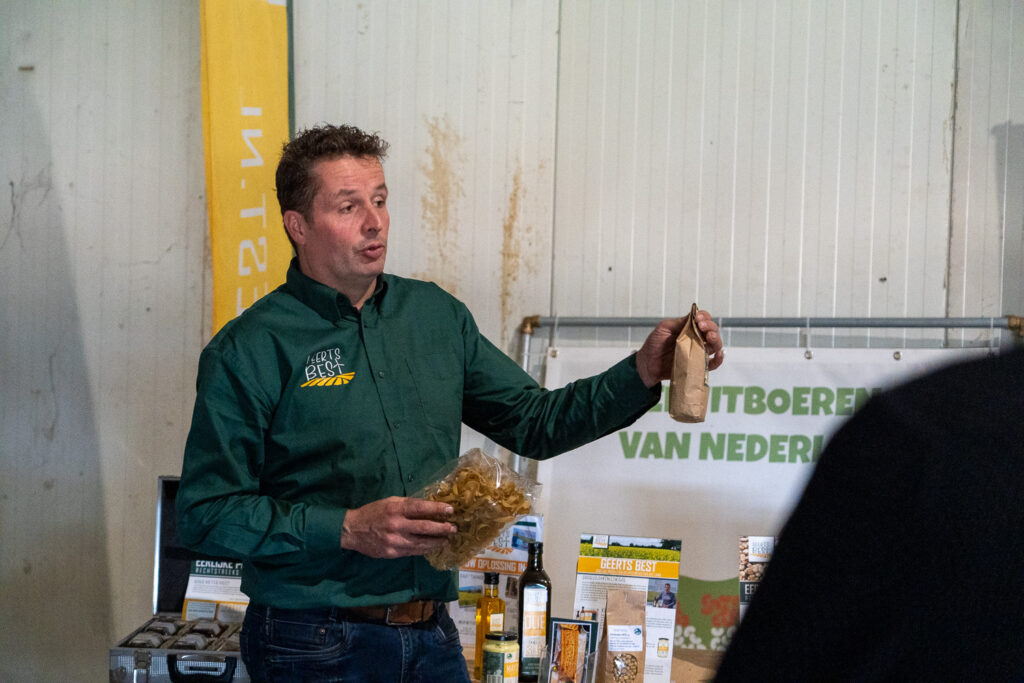ATMAC European Study Tour: Rabobank, Farm of the Future, Geert Lindenhols
Our third day in the Netherlands took us to both ends of the Dutch agriculture sector spectrum.
We started the day at the global head office of food and agribusiness finance specialist Rabobank in Utrecht, meeting with fresh produce sector specialist Lambert van Horen. Lambert took the group through the headline trends Rabobank has been tracking through its global involvement in food and agribusiness.
While Lambert’s overall forecast of the vegetable sector in Europe was positive, with the current 5 percent annual growth in production expected to continue, he said efforts by governments and retailers to reduce carbon emissions was putting massive pressure on growers. Rabobank is currently working on a scheme to calculate the full life cycle carbon footprint of fresh produce, with clear definitions of where growers’ supply chain starts and stops.
We next drove to Farm of the Future near Lelystad, a research and demonstration site of renowned horticulture research hub Wageningen University. Researcher Peter Kromann explained the primary drivers of the organisation’s research; maintaining high levels of productivity while reducing inputs as much as possible. He explained the Netherlands had committed to ambitious targets to reduce nitrogen use as part of agreements with the European Union.
He also explained the Dutch concept of ‘nature inclusive agriculture’, where agricultural operations do not replace nature, but rather provide a platform for it. As a small, densely populated country, the Dutch are very conscious of ‘sharing or sparing’ nature; if you can’t preserve wilderness, you must share space with it rather than remove it.
Following Farm of the Future, the group visited Geert Lindenhols, a smaller-scale farmer doing a range of innovative and sustainable initiatives to make the business more self-reliant and diversified. Geert’s main crop on his 75ha farm is canola, and with his own harvest and that bought in from neighbouring farms, he presses canola oil for human consumption and biofuel. He sells some of his cooking oil to local businesses, and collects and cleans the used oil for use in his tractors.
Geert emphasised the importance of value adding to move from being a price taker to a price maker. His own value adding projects included processing his faba beans into consumer-ready flour, cakes and felafel, to producing the only fully Dutch-made mayonnaise on the market using his own canola oil. He produced all his own power with a wind turbine and solar panels, and produced his own compost tea.
Geert referred to his philosophy as ‘local loops’ – wherever possible, finding ways to source and sell locally and reduce reliance on external inputs, both for environmental as well as financial sustainability.

